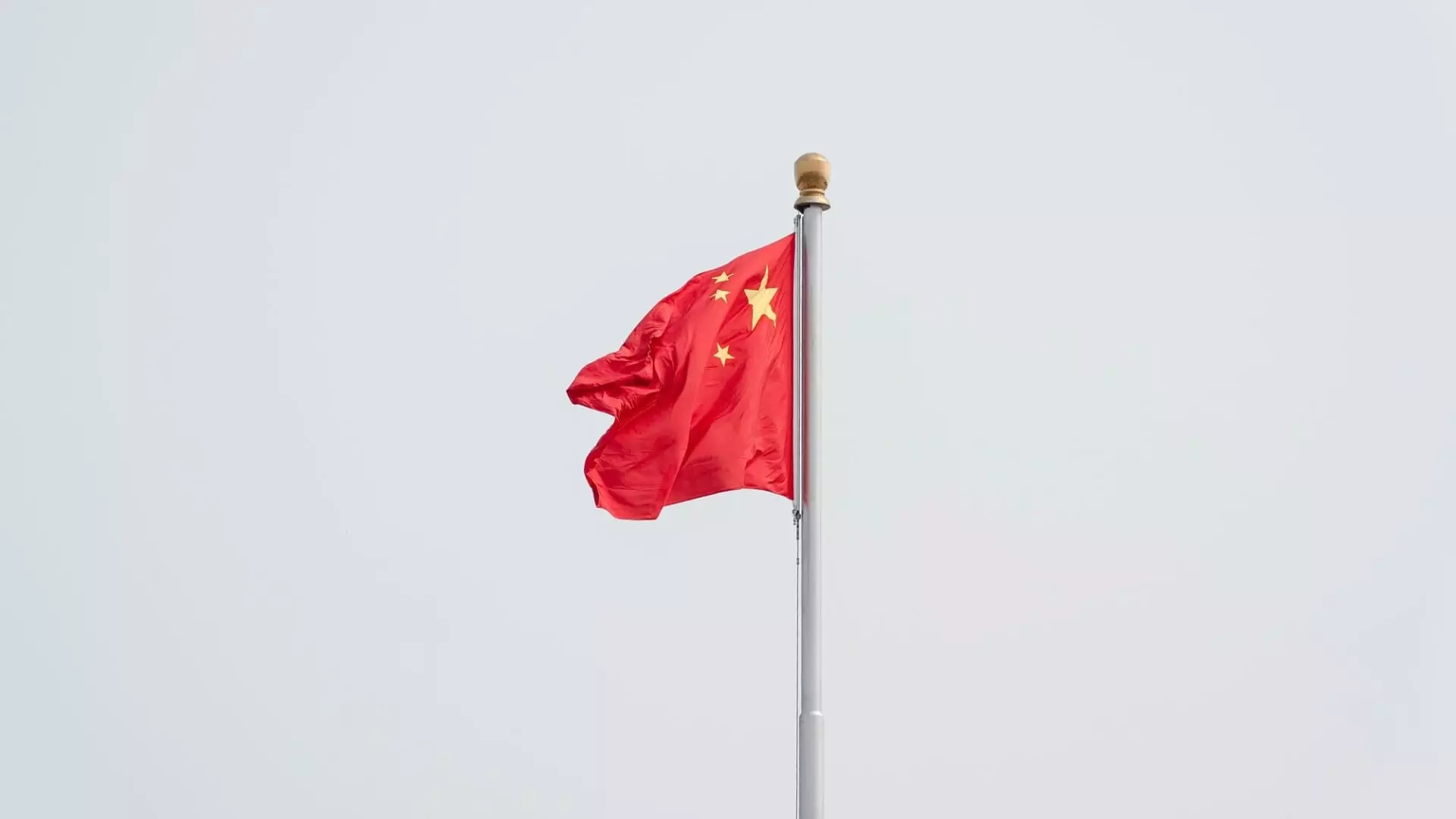China is currently facing significant challenges in its real estate sector, with high local government debt levels putting pressure on the fiscal system. Analysts anticipate that the upcoming Third Plenum meeting will address these issues, along with a push for advanced manufacturing and other structural policies. The focus is expected to be on finding alternative revenue sources for local governments, moving away from a reliance on land sales.
One of the key areas of interest during the Third Plenum meeting will be financial reform. Analysts are looking for details on consolidation in the banking sector, policy changes related to local government finances and taxes, and a commitment to innovation in advanced manufacturing and high-tech industries. Despite the challenges facing the private sector, policymakers are hopeful that careful transitions can lead to sustainable growth.
The property sector’s troubles are deeply intertwined with local government finances and hidden debt. The reliance on land sales for revenue has put local governments in a precarious position. To address these challenges, broadening direct taxes on consumption, personal income, and property is being considered as a solution. However, boosting consumer confidence and navigating financial risks will be complex tasks for policymakers.
The constraints on the financial sector are already having a negative impact on wages, particularly in the finance and public sectors. Average wages at brokerages have fallen, dragging down urban wage growth. Further restrictions on the financial industry, including proposed salary caps, are expected to have broader implications for economic growth and income inequality.
China’s long-term goal is to build a high-standard socialist market economy by 2035, with a focus on achieving per capita GDP comparable to moderately developed countries. However, this will be a challenging task, especially in the aftermath of the Covid-19 pandemic and increasing geopolitical tensions. Income inequality and perceived unequal opportunities are major concerns among the Chinese population, leading to growing discontent.
As China prepares for the Third Plenum meeting, the focus remains on addressing the challenges in the real estate sector, strengthening local government finances, and promoting innovation in key industries. The path to sustainable economic growth and reduced inequality will require careful planning and implementation of financial reforms. Despite the obstacles ahead, China’s leaders are committed to advancing the country’s modernization goals and building a stronger, more equitable economy for the future.

